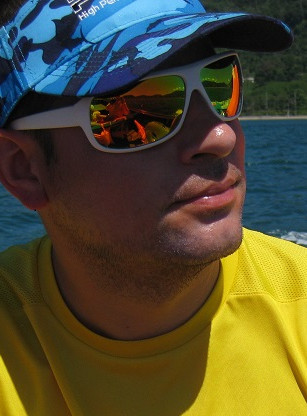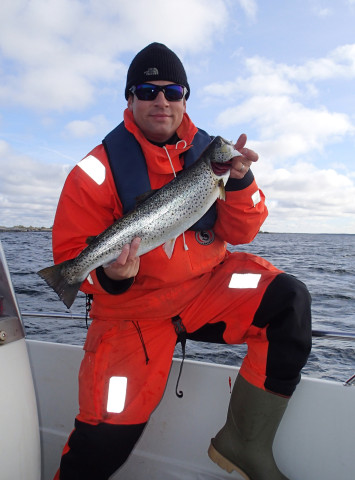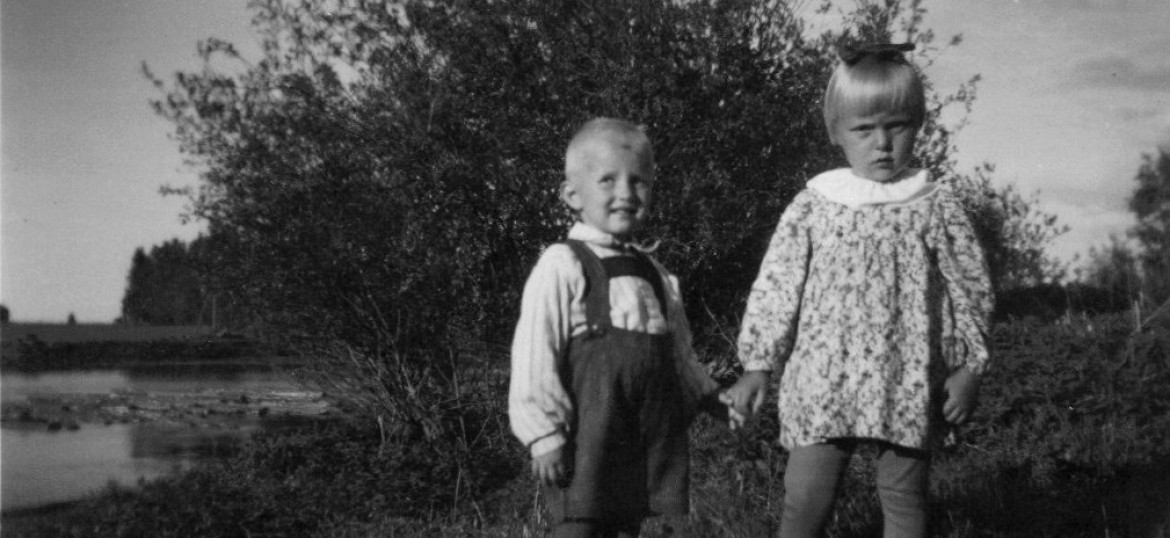Collaborators
Group members
Elisabeth Mikkonen
PhD student
Research interests: I was a Master’s student of ecology at the University of Turku, interested in behavioral ecology, genetics and evolution of life history traits and behaviors. In my Master’s thesis I studied the effects of a living grandmother on the reproductive success of her children and survival of her grandchildren. I used multigenerational demographic data collected from church books from preindustrial northern Finland to study grandmother effects in a natural fertility and mortality population before modern medicine and birth control. The study population consisted of both indigenous Sami people, who practiced traditional reindeer herding and foraging and farmers, who practiced animal husbandry and small-scale farming.
Contact: elmayl (at) utu.fi
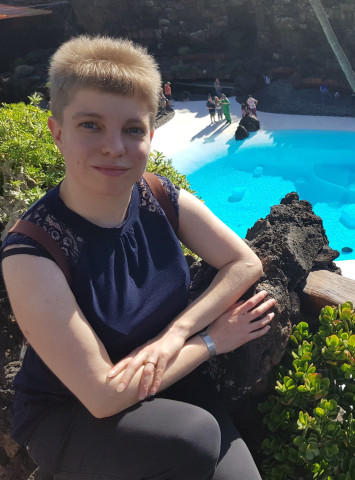
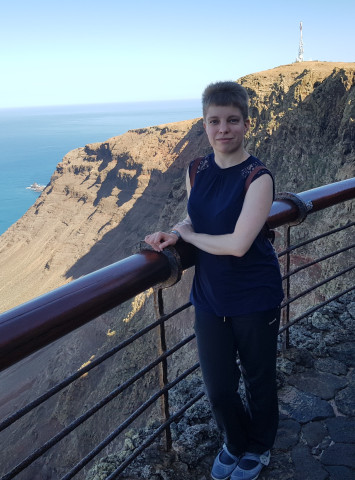
Michael Briga
PhD, Researcher
Research interests: Most of my work aims to identify factors affecting the dynamics of survival and senescence. I did this first in zebra finches, where I manipulated environmental quality through a foraging costs manipulation and found that environmental factors affecting lifespan differ from those affecting senescence.
Here, I use an amazing 350 year demographic dataset on historical Finns to investigate the associations between infectious diseases and human vital rates. More specifically, I will focus on the dynamics of smallpox epidemics and vaccination and their consequent effects on human survival. Smallpox is the only infectious disease that was successfully eradicated in human history and unravelling its epidemiological dynamics will help to identify important parameters in the fight against the spread of infectious diseases in contemporary humans.
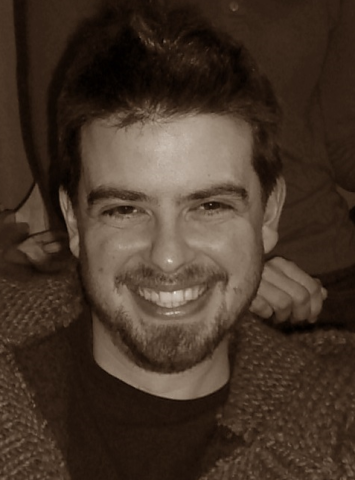

Simon Chapman
PhD, Post Doctoral Researcher
Research interests: My research is aimed at investigating the evolution of behaviours and life-history traits, in particular the context-dependence of kin help. Using the Finnish population data, I will explore grandmother effects on grandchild survival in various environmental and social contexts. I will also look at how these survival effects might have changed over time with industrialisation and the demographic transition. I have also been working on how the demography of the relationship between grandmothers and grandchildren has changed from pre-industrial Finland to the mid-20th century.
Previously, I worked with Virpi and the Myanmar Timber Elephant Project (MTEP) at the University of Sheffield.
Funding: Academy of Finland 292368 / Virpi Lummaa
ORCID ID: 0000-0003-2342-3383
Contact: simon.n.chapman (at) utu.fi
Website: https://snchapman.netlify.app/

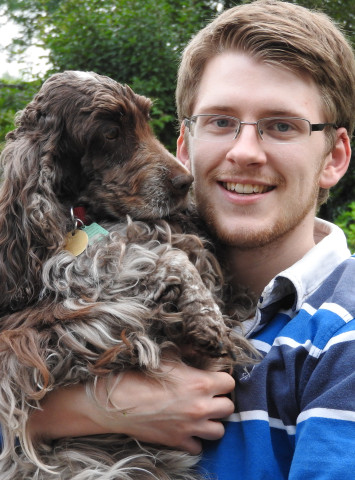
Jenni Pettay
PhD, Researcher
Research interests: The aim of my research is to understand the evolution of behaviour and life history traits. My main current research interest is the evolution of human family. Based on findings in our study populations of historical Finns, claiming humans to be cooperative breeders is justified as grandmothers improve reproductive success of their offspring and elder siblings can also be beneficial, to some extent, to their younger sibling fitness. But it is not well studied how proximity of non-kin affects survival or reproductive success. Presence of non-kin such as sister-in-laws in joint-families creates opportunity for conflict over resources, but it could also end in reciprocal help in some circumstances. I study fitness consequences of joint-family living, where brothers with their wives and children share a house, on survival of children and reproductive success of women and men.
From 2020, I am working in the INVEST project in UTU's Department of Sociology.
Funding: Academy of Finland 292368 / Virpi Lummaa
ORCID ID: 0000-0002-7768-5883
Contact: jenni.pettay (at) utu.fi
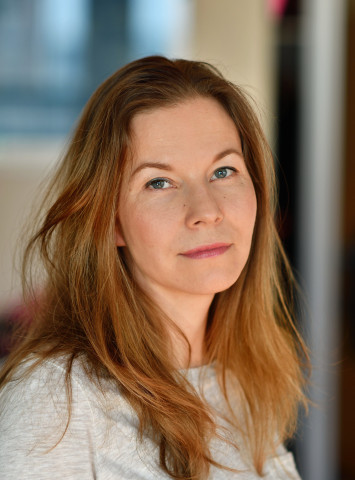
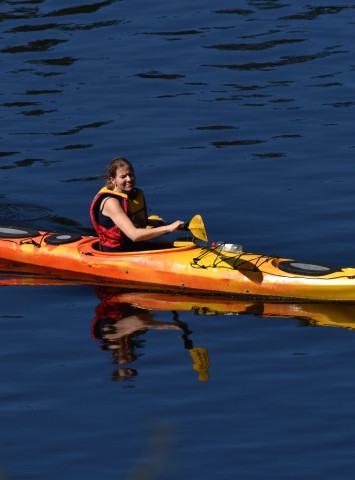
Vérane Berger
PhD, Post Doctoral Researcher
Research interests: I am an evolutionary ecologist and my research aims to understand the influence of biotic and abiotic factors in shaping senescence and the consequences on life history strategy. Senescence is a highly complex process that varies across species, population, individuals and traits and investigations are needed to identify factors and understand how they modulate senescence patterns. Do individuals that are helped or born in good year senesce later and/or slower than other individuals? I have had the great opportunity to use long-term monitoring in a wild population of Alpine marmots to investigate the influence of sociality on senescence during my PhD at the University of Lyon. I am now extending my research at the University of Turku by searching what ecological and social factors could explain variation in senescence between cohorts, individuals and traits thanks to extensive longitudinal datasets of the Finnish population and the semi-captive population of Asian elephants in Myanmar.
Funding: EU Horizon2020 ERC-2014-CoG 648766 / Virpi Lummaa
Contact: verane.berger (at) utu.fi
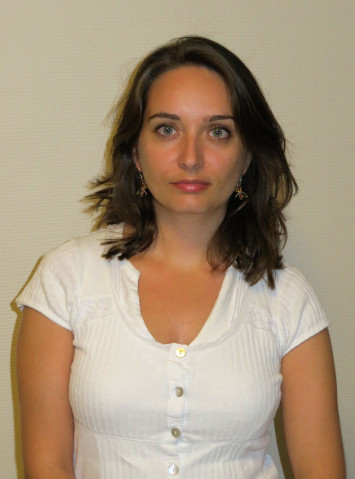
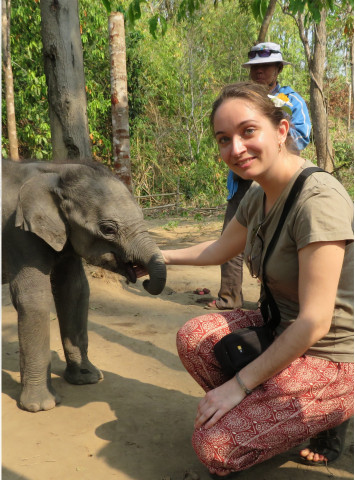
Samuli Helle
PhD, Adjunct professor
Research interests: I aim to understand the demographic behavior of preindustrial humans from the perspective of life history theory. My current research project focuses on how environmental and socio-cultural variation shaped selection pressures on human life histories and how these processes are manifested at the population level. Since these processes are inherently complex and hierarchial in nature, I am using multilevel structural equation modeling to examine the complex causal links between the environment and demography from evolutionary perspective. To study these questions, I use large demographic data (app. 87 000 individuals) from several preindustrial (17th-19th centuries) Fennoscandian populations that have been collected from historical church books. I also have long-term interest on the evolutionary ecology of human sex allocation and one of my main enduring goals is to search for the potential signatures of adaptive sex allocation with respect to environmental and demographic variation in humans. During the years, I have also been involved in research on various evolutionary and ecological topics e.g. in voles, birds and modern humans.
Currently, I am based in the Department of Sociology at UTU.
Funding: Kone Foundation
Contact: samuli.helle (at) utu.fi
